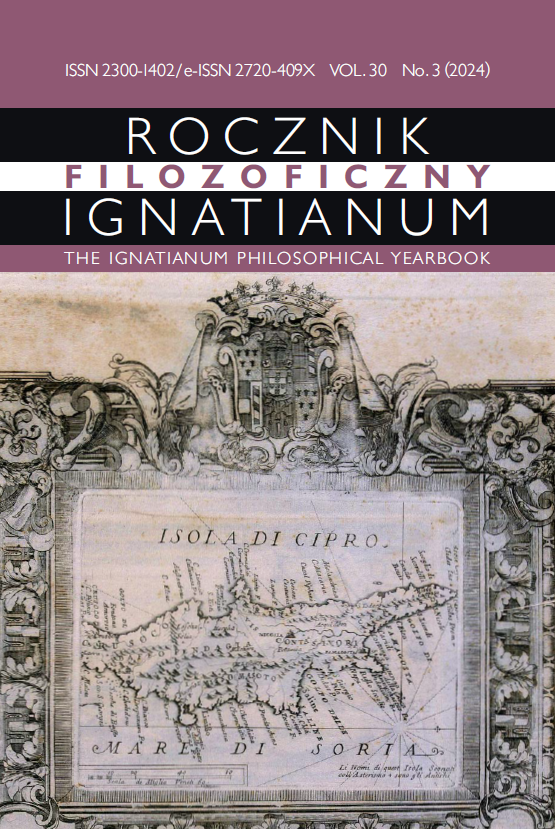Debates in US presidential campaigns – the example of 2016 election
Abstract
The purpose of the article is to analyze, using the 2016 election as an example, the role that debates can play in U.S. presidential campaigns. Presidential debates, since the first one was held in 1960, have become spectacles that draw tens of millions of viewers in front of TV sets, the candidates’ performances are commented on in the media all over the world and commentators outdo each other in analyzing who won the debate. Considering the extensive attention surrounding debates, one might assume their importance is significant. Looking at the 2024 example, where Joe Biden withdrew from the race after a poor debate performance, one could argue that debates can have a considerable impact. However, looking at the 2016 campaign, one can see that the debates did not translate into a change in support. The article seeks to answer the question why the real significance of the 2016 debates was limited, despite debates’ immense popularity. To answer this question the author explores how the debate phenomenon has previously influenced election campaigns and when their impact on polls and election outcomes was evident and then moves on to an analysis of the 2016 campaign, describing its context, the debates and their public reception. By comparing the realities of the 2016 campaign with earlier ones, the author draws conclusions on why the debates had a limited effect in 2016. He identifies two groups of factors that could have influenced this: structural factors related to the evolution of the American political system and factors specific to the 2016 campaign, primarily involving personal characteristics of Donald Trump and the campaign’s unique context. The analysis in the article is based on source materials, including debate transcripts, statistical data on candidate support, and literature on political communication, debates, and the American electoral system.
Copyright (c) 2024 Ignatianum University in Cracow

This work is licensed under a Creative Commons Attribution-NoDerivatives 4.0 International License.
The Yearbook only accepts materials for publication that are free of all conflicts of interest, and that in no way involve conflicts over authorship, copyright, etc. The Editors will take action against any cases of plagiarizing, ghostwriting1, guest/honorary authorship2, etc. Where co-authored work is concerned, the Author listed first is expected to take responsibility for the submission, and is required to make clear the contributions of all of the Co-Authors involved. In the event of the publication owing its existence to funding dedicated to this purpose, this fact should be made clear: e.g. in any note of thanks/acknowledgement, or in a footnote, etc. Explicit notification should be given of any form of reprinting, with the appropriate evidence of permission to publish being furnished as required. Any impropriety on the part of Authors/Reviewers risks exposing them to appropriate responses from the relevant institutions.
______
1 This term refers to instances of a person who has made an essential contribution being omitted from the list of authors, or from notes conveying gratitude and/or acknowledgement.
2 This occurs when a person who has made either an insignificant contribution or no contribution at all nevertheless appears on the list of authors.





